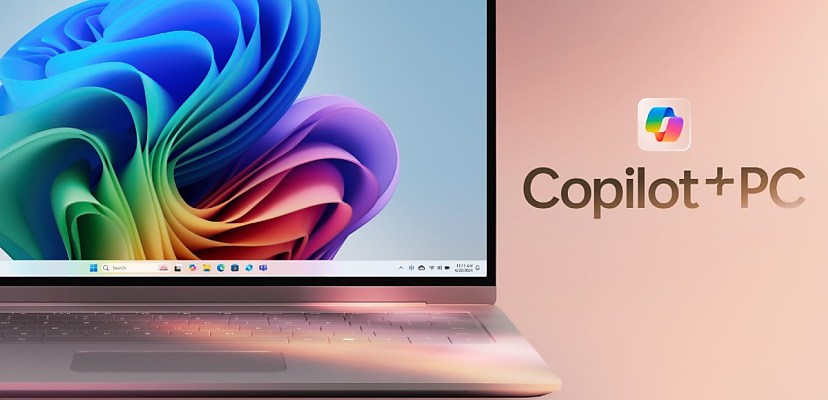Share this article on:
Powered by MOMENTUMMEDIA
Breaking news and updates daily.
Do we really need a function that remembers everything we do on our PCs? Does your company? Probably not.

Microsoft and its partners launched a new breed of PC late last week, with some AI smarts packed in.
Called Copilot+ PCs, these new systems come with one hell of a double-edged sword – they watch and record everything you do in order to supercharge how people search for files or even websites they’ve been using.
Sure, it is possible to forget where a file has been saved, but up till now, the search function has generally gotten the job done, even if it hasn’t done it particularly well.
Microsoft’s Recall feature goes a step further, however, literally screenshotting your activity every few seconds. Onboard AI can then parse natural language queries to help users find what they’re looking for.
Want to remember that one website you were looking at the other week but can’t remember its name? Windows Recall can probably figure it out. Lost an important file in a weird place on your drive? Same deal, Recall to the rescue. Saw a clever post on Facebook, but the algorithm can’t find it again? Windows Recall can.
But this functionality comes with a whole hard drive full of problems.
Unless you tell Recall otherwise, the feature will record everything. Zoom calls with workmates, for instance, whether those workmates are okay with it or not. Working on something sensitive, say if you’re working from home and in an environment such as the public service? Yeah, that too, from every email you send to every document you work on. Net banking details and other passwords? Yep, all tracked and stored for future use.
Like to log into PornHub every now and then to spice up your evenings? Well, somewhere on your PC will be a record of every clip you watched.
Microsoft has said that all of Recall’s content is stored locally on a machine and will never be shared by the company or used for generating advertising, but Microsoft’s hardly had a great track record when it comes to security recently. And even putting Microsoft’s vulnerability to hackers aside, it’s still a trove of very sensitive, very personal information kept somewhere on your drive.
Sure, it is encrypted, but that’s neither here nor there. If a hacker can get onto a machine with Recall enabled and then escalate their privileges on that device, that store of historical data is ripe for the picking. It’s even worse if someone can get physical access to a machine.
As a friend of mine in Canberra suggested, if Microsoft wanted to make a case for any security-conscious organisation to ditch Windows entirely and move to a less intrusive OS like Linux, this would be the perfect way to do it.
And what’s truly wild is not just that no one at Microsoft seems to have thought this through, but that so many of the company’s partners are drinking the cool-aid too. From HP and Dell to Asus and Lenovo, laptop makers are pushing Copilot+ PCs hard right now, with Recall being a top-line feature.
“In this transformative era of artificial intelligence, how we define an exceptional device is no longer about speeds and feeds – it is measured by our ability to create and enable meaningful breakthrough experiences,” Alex Cho, president, Personal Systems at HP, said in statement last week, lauding Copilot+ laptops.
“We’re at the beginning of a new decade of personal computing that will redefine what a personal computer is. AI enables a fundamentally more personalised and creative experience we believe will empower people in both their personal and professional lives.”
It would also appear to be a new decade of unwanted features that pose massive security challenges for IT teams already hard-pressed keeping their networks secure in the face of external threats. Now they need to handle the internal threat of PCs that want to watch and record everything their users do and manage that across entire fleets of machines.
Thanks, Microsoft, but no thanks.

David Hollingworth has been writing about technology for over 20 years, and has worked for a range of print and online titles in his career. He is enjoying getting to grips with cyber security, especially when it lets him talk about Lego.
Be the first to hear the latest developments in the cyber industry.